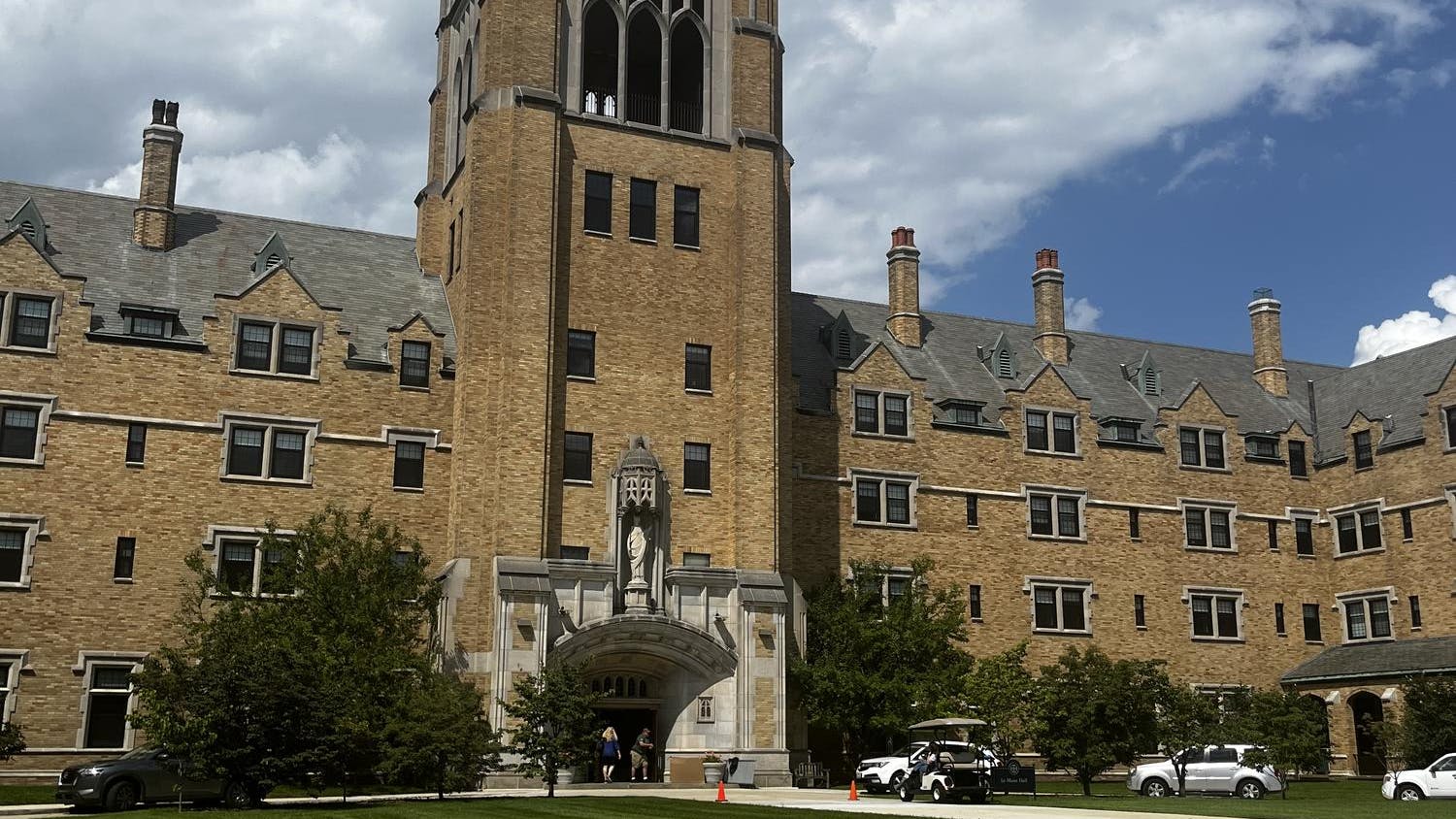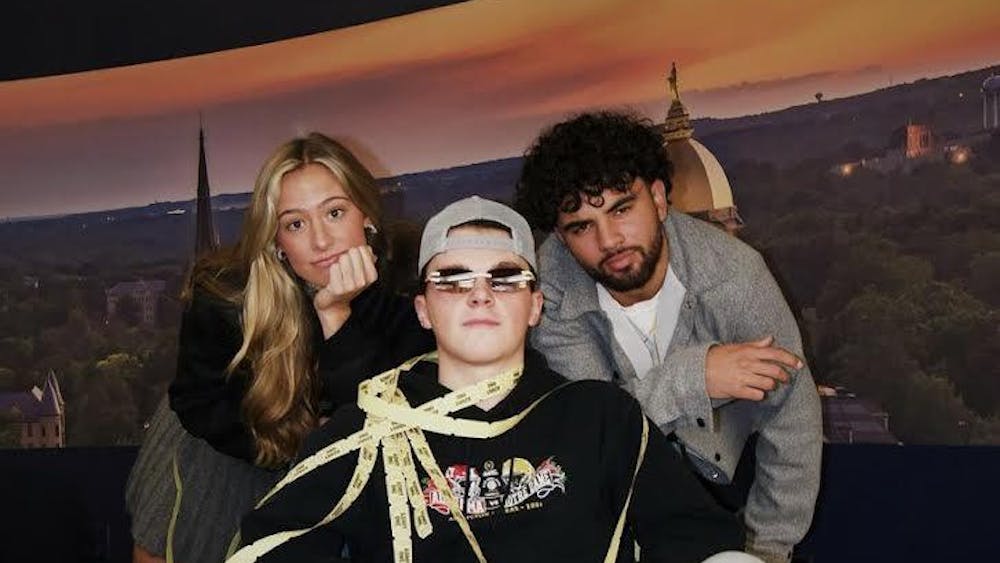From the time that humans first gazed up into the night sky to the launch of the first artificial satellites to Neil Armstrong’s first steps on the moon to present day attempts for humans to reach Mars, the solar system has captivated the minds of those both young and old.
Jonathan Crass, post-doctoral research associate, will discuss the the wonders of the solar system Tuesday night in Jordan Hall of Science in his lecture “Extremes of the Planets.” This is the last in a series of the physics department's public lectures titled, “Our Universe Revealed.” There will be two editions of this talk at 6 p.m. and 7 p.m.
Crass said this event was targeted at audiences of all ages, especially children wanting to learn about science.
“Twice a semester, [we] have an all-ages event for family-friendly kids events,” he said. “Sometimes we do hands on events with lots of demos in the galleria — the main part of Jordan Hall. This time we’re doing it more as a talk.”
Crass said the lecture would be geared towards teaching children about outer space.
“It’s really designed to show the environment on different planets and places in the solar system,” he said. “[I will be] showing how materials and things like that exist in those environment and what happens to them.
According to Crass, future space travel and how it would be experienced by astronauts will also be a topic of discussion at the event.
“[I will talk about] sending astronauts to Mars, what kind of environments would they have to deal with — so what kind of spacesuits have to undergo intense environments, temperatures and pressures,” Crass said.
This is the second year that Crass will be delivering this lecture at Notre Dame. Crass said he also delivered a similar lecture while he was a graduate student at Cambridge University in the United Kingdom.
Examining the solar system is nothing new for Crass, whose research centers around the construction of telescope parts. Crass, along with Justin Crepp, assistant professor of physics, is working on the iLocator, a spectrometer which will search the night sky for new stars and solar systems.
Crepp said this search helps him to gain greater insight into the solar system and the planets.
“If we think about earth and our environment here ... we can then start comparing that to some of the other planets we’re discovering and some of the solar systems and see how they compare to try and understand how our solar system was formed, is there life anywhere in the galaxy,” he said.
The physics department has billed this event as their “Christmas Spectacular." Crass said this attribution has been given not because it relates to the lecture relates to the holidays but because it is the grand finale of a semester’s worth of public lectures.













